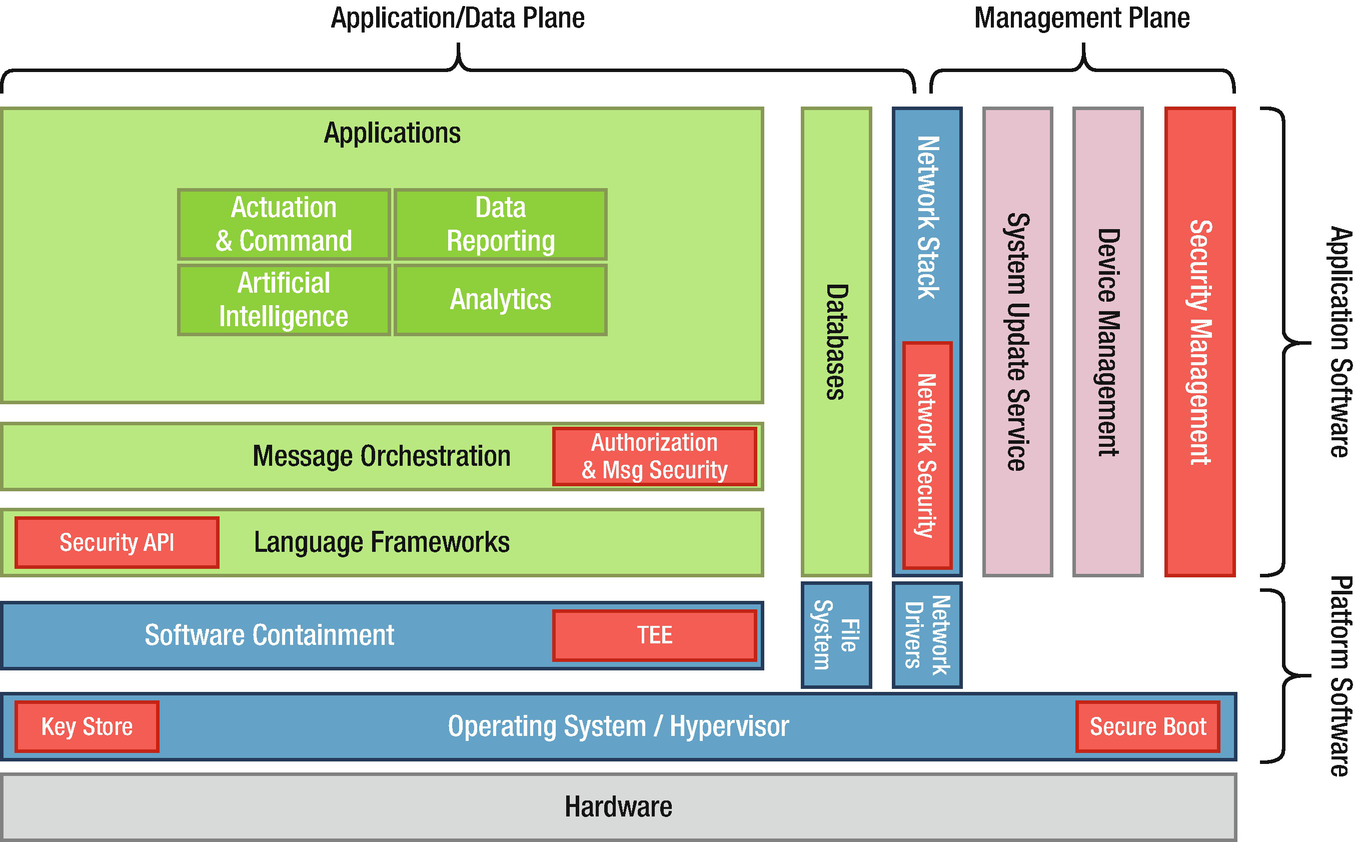
- #BROADCOM TRUSTED PLATFORM MODULE DRIVER HOW TO#
- #BROADCOM TRUSTED PLATFORM MODULE DRIVER UPGRADE#
- #BROADCOM TRUSTED PLATFORM MODULE DRIVER SOFTWARE#
On a PC, either the LPC bus or the SPI bus is used to connect to the TPM chip. In the future, this concept could be co-located on an existing motherboard chip in computers, or any other device where the TPM facilities could be employed, such as a cellphone. In 2006, new laptops began being sold with a built-in TPM chip. Trusted Platform Module installed on a motherboard TPM 2.0 Reference Implementation Developer(s) The United States Department of Defense (DoD) specifies that "new computer assets (e.g., server, desktop, laptop, thin client, tablet, smartphone, personal digital assistant, mobile phone) procured to support DoD will include a TPM version 1.2 or higher where required by Defense Information Systems Agency (DISA) Security Technical Implementation Guides (STIGs) and where such technology is available." DoD anticipates that TPM is to be used for device identification, authentication, encryption, and device integrity verification. The "physical presence" feature of TPM addresses some of these concerns by requiring BIOS-level confirmation for operations such as activating, deactivating, clearing or changing ownership of TPM by someone who is physically present at the console of the machine. Other uses exist, some of which give rise to privacy concerns.
#BROADCOM TRUSTED PLATFORM MODULE DRIVER SOFTWARE#
Protection and enforcement of software licenses.Disk encryption įull disk encryption utilities, such as dm-crypt and BitLocker, can use this technology to protect the keys used to encrypt the computer's storage devices and provide integrity authentication for a trusted boot pathway that includes firmware and boot sector. It could remotely attest that a computer is using the specified hardware and software. Īn example of TPM use for platform integrity is the Trusted Execution Technology (TXT), which creates a chain of trust. (See below.)Īnother example of platform integrity via TPM is in the use of Microsoft Office 365 licensing and Outlook Exchange. Good examples can be found in Linux Unified Key Setup (LUKS), BitLocker and PrivateCore vCage memory encryption.
#BROADCOM TRUSTED PLATFORM MODULE DRIVER HOW TO#
These metrics can be used to detect changes to previous configurations and decide how to proceed. When TPM is used, the firmware and the operating system are responsible for ensuring integrity.įor example, Unified Extensible Firmware Interface (UEFI) can use TPM to form a root of trust: The TPM contains several Platform Configuration Registers (PCRs) that allow secure storage and reporting of security-relevant metrics. This is to ensure that the boot process starts from a trusted combination of hardware and software, and continues until the operating system has fully booted and applications are running. In this context, "integrity" means "behave as intended", and a "platform" is any computer device regardless of its operating system. The primary scope of TPM is to ensure the integrity of a platform. Security embedded in hardware provides more protection than a software-only solution. Ĭomputer programs can use a TPM to authenticate hardware devices, since each TPM chip has a unique and secret Endorsement Key (EK) burned in as it is produced.

#BROADCOM TRUSTED PLATFORM MODULE DRIVER UPGRADE#
On April 9th, 2014 the Trusted Computing Group announced a major upgrade to their specification entitled TPM Library Specification 2.0. TPM Main Specification Version 1.2 was finalized on March 3, 2011, completing its revision.

Trusted Platform Module (TPM) was conceived by a computer industry consortium called Trusted Computing Group (TCG), It evolved into TPM Main Specification Version 1.2 which was standardized by International Organization for Standardization (ISO) and International Electrotechnical Commission (IEC) in 2009 as ISO/IEC 11889:2009.


 0 kommentar(er)
0 kommentar(er)
